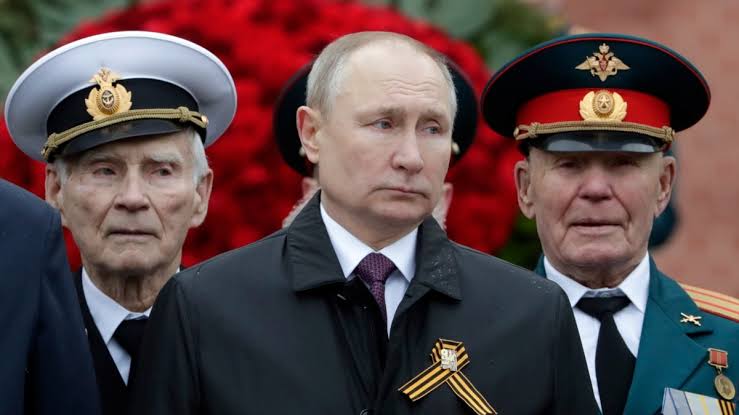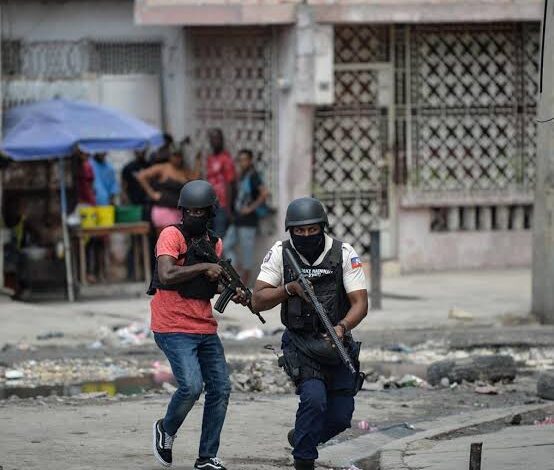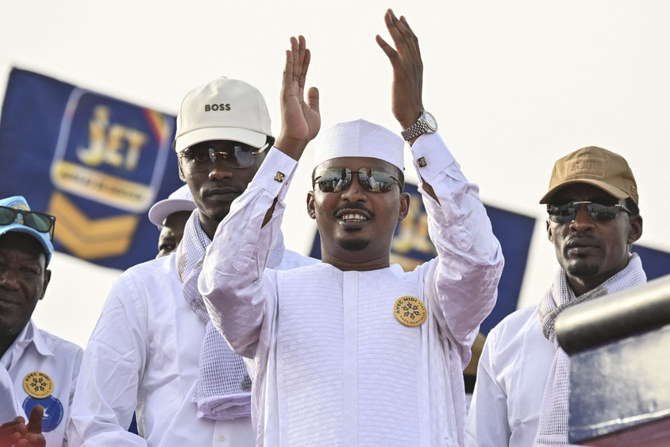
Faith Nyasuguta
Russian President Vladimir Putin commemorated the 79th anniversary of Nazi Germany’s defeat in World War II by lauding the nation’s forces fighting in Ukraine and casting aspersions on the West for exacerbating conflicts worldwide.
Despite the diminishing number of veterans from what Russia venerates as the Great Patriotic War, the significance of victory remains deeply embedded in the country’s identity and serves as a pivotal component of Russian President Putin’s political narrative, providing a rationale for his military ventures, notably in Ukraine.

As Putin commenced his fifth term in office, he spearheaded nationwide celebrations to honor Russia’s wartime sacrifices. Delivering his speech in Red Square amidst one of the coldest May 9th commemorations in decades, Putin underscored the unifying power of Victory Day, emphasizing Russia’s unwavering commitment to forging a secure future.
The military parade featured battalions marching alongside both vintage and state-of-the-art military equipment, with warplanes soaring overhead and trailing colors reminiscent of the Russian flag.

Putin extolled the valour of troops engaged in Ukraine while lambasting the West, accusing it of fomenting regional conflicts and endeavoring to constrain the development of sovereign nations. Against the backdrop of escalating tensions over Ukraine, Putin reiterated Russia’s nuclear capabilities, asserting its readiness to prevent global confrontation while underscoring the preparedness of its strategic forces.
The occasion served as a poignant reminder of the staggering loss endured by the Soviet Union during World War II, estimated at approximately 27 million lives, a toll that reverberated across countless families throughout the nation. Nazi incursions into the western Soviet Union in 1941 culminated in the iconic raising of the USSR flag over a devastated Berlin, symbolizing victory and resilience.

Since ascending to power in 1999, Putin has leveraged Victory Day to advance his political agenda, evoking the grandeur of the Soviet era through displays of military prowess. This year’s parade, featuring approximately 9,000 soldiers, including veterans of conflicts like Ukraine, emphasised the enduring significance of the event.
While notable Western diplomats were conspicuously absent, representatives from former Soviet nations and Moscow’s allies, including Cuba, Guinea-Bissau, and Laos, joined Putin in commemorating the occasion.
Putin’s personal connection to the war, forged through his father’s frontline service, adds a poignant dimension to his advocacy for preserving the USSR’s wartime legacy. The “immortal regiment” tradition, which honours veterans and their families, further highlights the enduring impact of World War II on Russian society.

However, Putin’s efforts to equate Ukraine’s reverence for nationalist figures with Nazi sympathies serve to justify Russian military intervention and perpetuate historical revisionism. This narrative reflects broader attempts to revive the influence of the USSR and uphold Soviet-era practices, signaling a continued entrenchment in a worldview rooted in the Soviet past.
As Russia commemorated Victory Day, the event served as a potent reminder of the enduring legacy of World War II and the intricacies of historical memory in shaping contemporary geopolitics.
RELATED:




